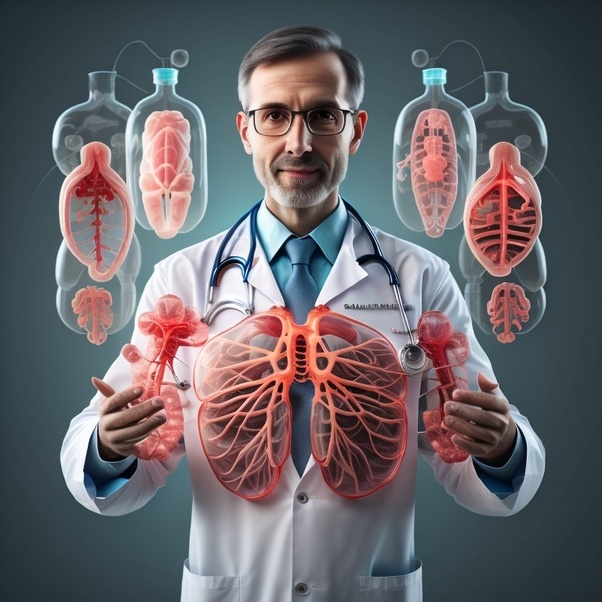
Achieving optimal health involves a holistic approach that encompasses various aspects of our lives, from diet and exercise to mental wellness and social connections. In this article, we explore key components of achieving and maintaining good health in today’s fast-paced world.
1. Nutrition and Diet
Incorporating a variety of foods ensures a diverse intake of vitamins and minerals necessary for overall well-being. Avoiding excessive processed foods, sugars, and unhealthy fats can help prevent chronic conditions such as obesity, diabetes, and cardiovascular diseases.
2. Physical Activity
Regular exercise is crucial for maintaining a healthy weight, strengthening muscles and bones, and improving cardiovascular health. Engaging in aerobic activities like walking, jogging, or swimming, along with strength training exercises, contributes to overall fitness. Physical activity also enhances mood, reduces stress, and promotes better sleep, making it an essential component of a healthy lifestyle.
3. Mental Wellness
Practices such as mindfulness meditation, yoga, and deep breathing exercises can reduce stress levels and improve overall mental well-being. It’s essential to prioritize self-care and seek support when needed, whether through therapy, counseling, or simply talking to trusted friends and family members.
4. Sleep Hygiene
Quality sleep is essential for the body to repair and regenerate itself. Establishing a regular sleep schedule, creating a calming bedtime routine, and ensuring a comfortable sleep environment can promote better sleep hygiene. Adequate rest not only improves cognitive function and mood but also supports immune function and overall physical health.
5. Social Connections
Maintaining strong social connections and nurturing relationships with friends, family, and community members contribute significantly to overall health. Positive social interactions provide emotional support, reduce feelings of loneliness and isolation, and may even enhance longevity. Making time for social activities and fostering meaningful connections can have profound effects on mental and physical well-being.
6. Preventive Healthcare
Routine visits to healthcare professionals allow for monitoring of vital signs, assessment of risk factors, and timely intervention if health issues arise. Prevention through lifestyle modifications and proactive healthcare management is key to reducing the burden of illness and promoting long-term health.
7. Stress Management
Adopting stress management techniques such as exercise, relaxation techniques, and time management strategies can help mitigate the effects of stress. Finding healthy outlets for stress, such as hobbies or creative pursuits, can also promote emotional well-being and resilience.
8. Healthy Habits
Incorporating healthy habits into daily life is essential for maintaining long-term health. This includes practicing good hygiene, avoiding harmful substances like tobacco and excessive alcohol, and staying informed about health-related issues. Making informed choices about nutrition, exercise, and lifestyle can empower individuals to take control of their health and well-being.
Conclusion
Achieving optimal health requires a multifaceted approach that addresses physical, mental, and social aspects of well-being. By prioritizing nutrition, exercise, mental wellness, and preventive healthcare, individuals can cultivate habits that support a healthy lifestyle. Making conscious choices to promote good health today lays the foundation for a vibrant and fulfilling life tomorrow. Remember, small changes can lead to significant improvements in overall health, so start incorporating positive habits into your daily routine today.
In essence, optimal health is a journey that begins with a commitment to self-care and encompasses a balanced approach to physical, mental, and social well-being. By embracing a holistic lifestyle, individuals can enjoy the benefits of good health and vitality at every stage of life.
This article aims to provide a comprehensive overview of what it means to achieve optimal health through a holistic approach, covering key areas such as nutrition, exercise, mental wellness, and preventive healthcare.






